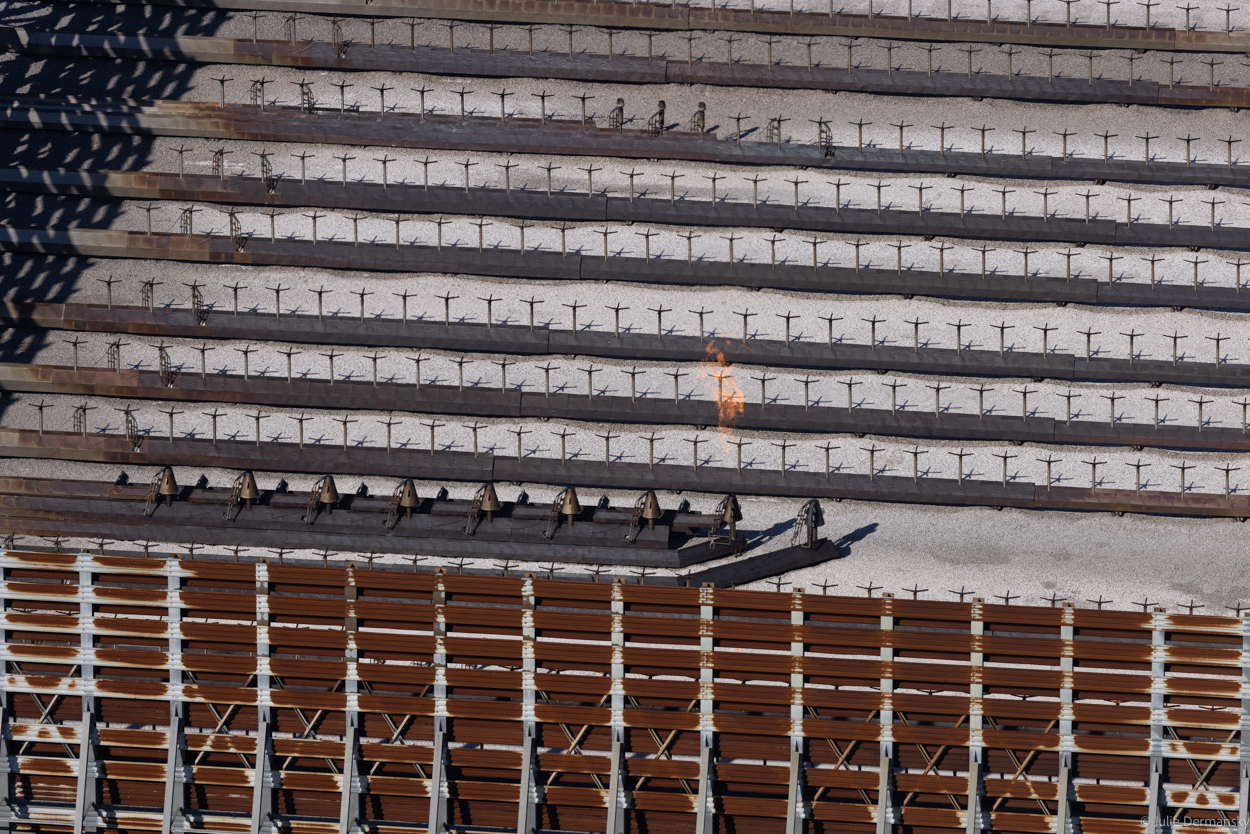If you care about maintaining a livable climate, stay tuned for a big 2024. Major elections are coming in both the UK and U.S., and expect corporate money, and talking points, to be flowing. Global climate leadership is on the line, and we’ll be reporting whether it’s also for sale.
On the heels of COP28, we’ll be tracking the ways corporate and right-wing interests, from the Alberta oil sands to U.S. agribusiness, try dressing up the same old climate denial and delay in the language of “solutions” that in reality perpetuate climate pollution — and do so with the polish and pizzazz of PR and ad companies. DeSmog has been pulling back the veil on climate misinformation and disinformation like this since 2006. Expect more big stories from our growing team of investigative reporters and researchers in 2024.
For now, we asked our team of editors and writers to share some of the trends they’ll be watching this year. Here’s what they said.
Dark Money Influence
2024 marks an election year for the UK. Though the exact date of the vote is still to be decided, we know that private donations will fuel the contest. In 2019, the year of the last election, UK political parties received £113 million, a record figure.
These sums may pale in comparison to U.S. elections, but in some ways this makes it even more significant. It is relatively cheap to fund a political party in the UK, and to wield influence over its policies.
In 2023, DeSmog revealed that the governing Conservative Party had received £3.5 million during the previous year from fossil fuel interests and climate science deniers. We will be watching intently to see if these oily donations continue to flow during election year, and whether they sway the political debate.
– Sam Bright, UK Deputy Editor
Carbon Capture and Storage
Promoting carbon capture and storage — that is, burying carbon dioxide emissions underground — is a big part of how the fossil fuel industry hopes to stay in the energy business.
Terms like “abated emissions” are now woven into global climate diplomacy — even though carbon capture projects have floundered for decades. As we reported in September, oil producers have long been injecting captured CO2 into otherwise “depleted” fossil fuel reservoirs to drive out remaining oil, not for reducing climate pollution.
A growing body of research shows that keeping global temperature rise below the 1.5 degree C goal requires phasing out fossil fuels entirely, and that abatement technologies like carbon capture are no substitute. Nevertheless, billions in public funding for CCS are now in the pipeline worldwide.
Throughout 2024, we will continue digging deep on the fossil fuel industry’s carbon capture push, focusing on the planned buildout across the European Union, the UK, and Norway.
– Michael Buchsbaum and Edward Donnelly, DeSmog contributing writers, and Emily J Gertz, contributing editor
Disinformation
This was the year when the oil and gas industry’s strategy of portraying itself as a climate leader reached absurd new heights. The world’s largest polluters ran nonstop ads saying they are committed to “net-zero” while record numbers of fossil fuel delegates infiltrated COP28 in Dubai, with the talks themselves hosted by an oil executive. Going into 2024, we will be paying special attention to the cynical business motives at the heart of this strategy: that by embracing false climate solutions like carbon capture and hydrogen, companies hope to gain political cover for massive expansions of oil and gas.
We’ll be tracking how this communications offensive plays out through Google advertisements, Facebook campaigns, YouTube videos, attacks on climate activists outsourced to libertarian think tanks, and global right-wing efforts led by conservative influencers like Jordan Peterson to rebrand climate crisis denial.
– Geoff Dembicki, DeSmog contributing writer
LNG Buildout
Despite campaigning as a climate candidate, U.S. President Joe Biden has allowed massive fossil fuel development to continue during his tenure. In 2022, the U.S. became the world’s top liquefied natural gas (LNG) exporter, and 20 more LNG export terminals are planned or under construction, mostly along the Gulf Coast. The largest LNG export facility proposed is Venture Global’s CP2 facility in Cameron Parish, Louisiana.
The Federal Energy Regulatory Commission (FERC) was expected to consider Venture Global’s proposal to build the CP2 facility — which would have 20 times the carbon emissions of the Willow Project in Alaska — this past year. But FERC didn’t list the project on its November or December agendas. We’ll be watching how the agency rules on the massive LNG proposal and continuing to show the impacts these projects have on nearby communities, fishers, and the global climate.
– Sara Sneath, DeSmog contributing writer
Subscribe to our newsletter
Stay up to date with DeSmog news and alerts






